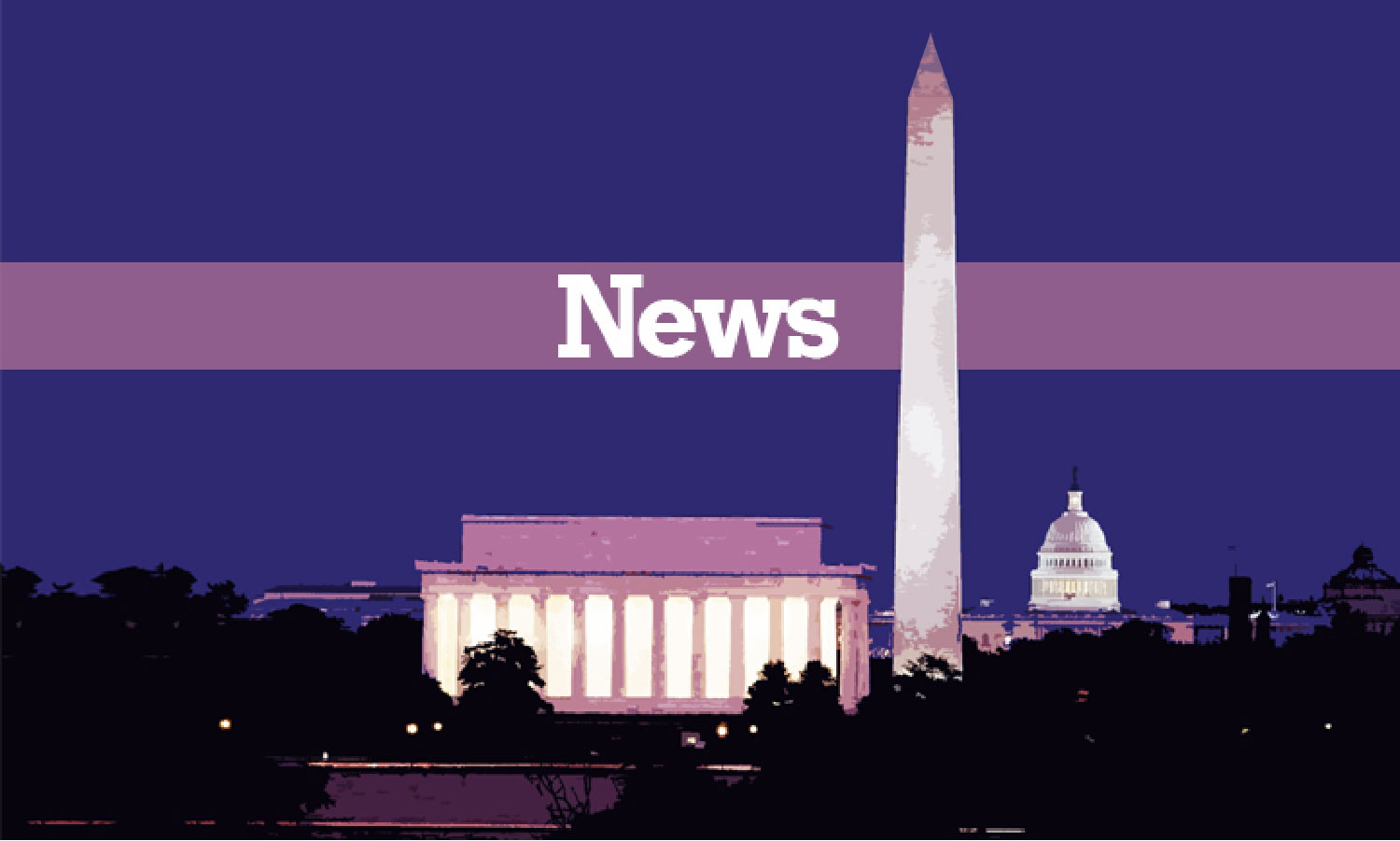Shankar Vedantam, NPR correspondent and host of the podcast, Hidden Brain, discussed the risks and rewards of big data with students on Jan. 29. The event was hosted by the Georgetown Lecture Fund and connected the conclusions drawn from big data to how human brains actually process information.
Vedantam’s podcast, The Hidden Brain, is the tenth most popular podcast in the United States as of December 2019. The show focuses on the relationship between the subconscious mind and human behavior which Vedantam touched on at the discussion.
During the event, Vedantam focused on big data, which refers to large amounts of information newly available in the digital age about humans and the natural world, as well as the algorithms built using that data. For example, Vedantam explained that search engines, social media sites, and mobile phones constantly generate information about the individual likes and dislikes of people around the world. Tech companies, commercial entities, and political campaigns use this data to better understand and shape behavior patterns.
Artificial intelligence (AI) often outperforms humans in making accurate choices and processing data. Vedantam attributed this edge to the high degree of variability in the decision-making of even trained professionals, such as judges who must decide whether to allow arrested individuals to either await trial in jail or else post bail and walk free during that period.
“One of the things that big data can provide us is a more consistent way of seeing the world,” Vedantam said. “An ‘unthinking’ computer, if you will, is able to make judgments superior to judges in terms of whether to send someone home or whether to remand them to jail.”.
At the same time, Vedantam noted that one of the most troubling issues with AI is the effect of human biases on its conclusions. For instance, algorithms in the criminal justice system use prior arrest history and police data to generate results for judges, opening the door to racially prejudiced responses.
“The computer might, in fact, be accurate in predicting that someone is going to get re-arrested by the police, but what it doesn’t know is that the police have a bias in arresting that person,” Vedantam said. “One of the risks of big data is that they can take our existing biases and amplify them.”
In this way, Vedantam explained how big data algorithms can be such a valuable tool for studying the human mind and behavior patterns. “It reflects both the best and worst of our minds,” Vedantam said.
Vedantam warned that tech companies and big data scientists risk being over-confident by trying to replace human experts with algorithms. He highlighted several cases of AI over-analyzing information and conflating correlation with causation, just as humans do.
“One of the reasons big data is very powerful is it gets very good at eliminating the mistakes that we make,” Vedantam said. “But as a result of eliminating a lot of the mistakes we make, it often fails to see what’s right in front of it.”
After the lecture, Vedantam responded to questions from the audience. Students were largely interested in further investigating big data use, though many asked about the podcast in general and shared their appreciation with the host. “I watch your podcast. You’re actually on my Spotify Recap Top 10 Artists of the Year,” one student said.
Though Vedantam acknowledged fears of online disinformation spread by AI, he placed the blame not entirely on new technology, but also on human nature. “I don’t know how you can get Pandora back into the box again. I think the real solution is actually for us to be skeptical of our own conclusions and how we reach conclusions,” Vedantam said.
Vedantam suggested that the path toward ethical use of big data requires public regulation and privacy protections, which in turn require greater public participation. “Without some kind of public pressure,” he said, “it’s not clear to me why it is [Silicon Valley] would necessarily do the right thing or use the data in an appropriate way.”






[…] Popular podcast host warns of big data misuse The Georgetown Voice “big data” – Google News […]